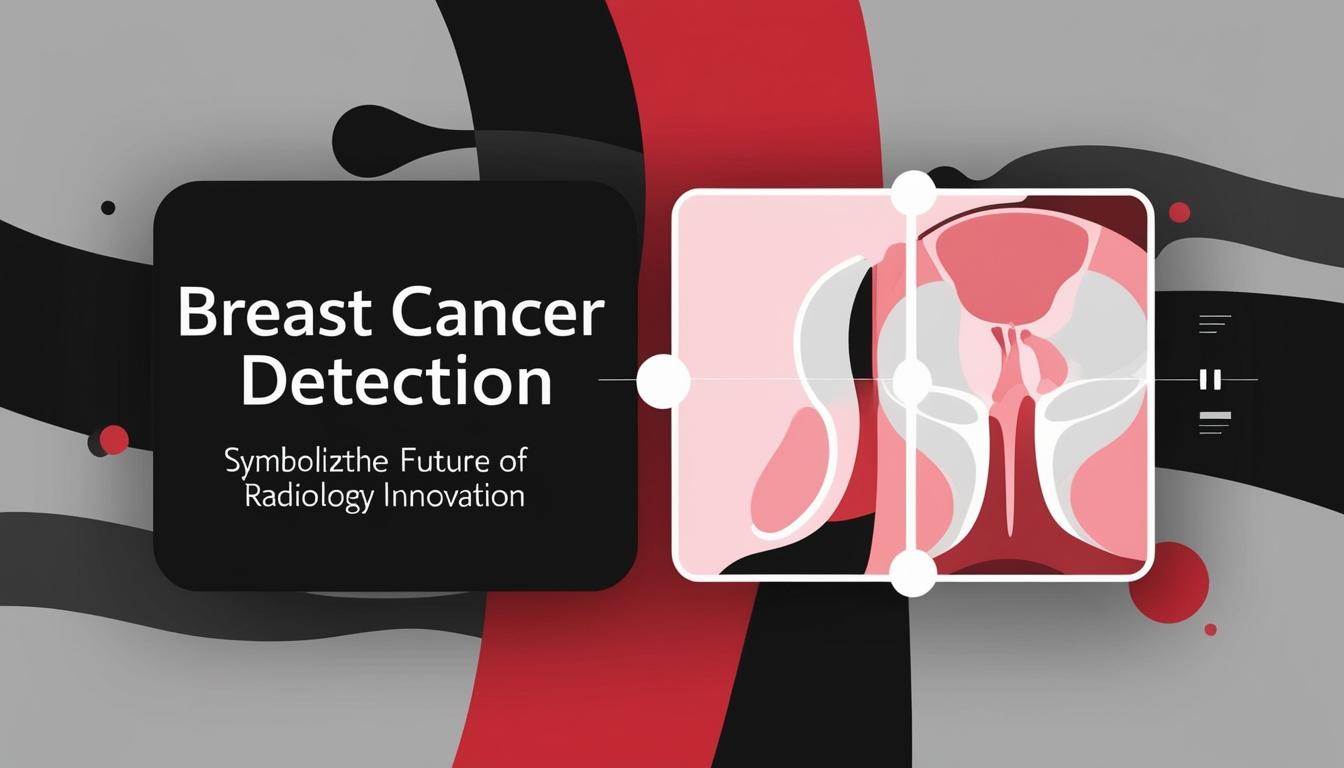Artificial intelligence (AI) is poised to enhance breast cancer detection significantly, according to recent research. The study, published on January 7 in Nature Medicine, highlights the promising outcomes from a large-scale examination of AI's application in mammogram screenings. Conducted in Germany, the research involved nearly 500,000 women, indicating that AI could improve the efficiency of breast cancer screening without increasing the rate of false alarms.
Dr. Alexander Katalinic, a cancer epidemiologist at the University of Lübeck, noted, “AI in mammography screening is at least as good as a human reader, and our study shows it’s even better.” This research emerges from Germany's rigorous breast cancer screening programme, which mandates that two radiologists independently review each mammogram for signs of cancer, such as abnormal masses or other peculiarities. In contrast, many clinics in the U.S. typically rely on a single physician for these assessments.
Germany’s programme engages approximately three million women annually, resulting in about 24 million mammograms being read each year, placing a significant workload on radiologists. This high volume underscores the potential benefit of integrating AI into the process. The technology references a decision referral software installed at 12 screening sites across Germany, implemented for the study involving more than 460,000 women aged between 50 and 69. The research took place from July 2021 until late February 2023.
The AI system categorised mammograms as normal, suspicious, or unclassified. The participating radiologists, numbering 119, utilised an AI-assisted image viewer for nearly half of the evaluations. The findings from these screenings indicated that, without AI, clinicians identified approximately six breast cancer cases per 1,000 patients. In contrast, with the AI's support, the number rose to around seven cases, resulting in a 17.6 per cent increase in the breast cancer detection rate.
Also noteworthy is that those who underwent AI-supported screenings experienced a marginally lower incidence of false positives, cases where a doctor suspects cancer but subsequent tests yield negative results.
While the incorporation of AI into radiology workflows poses challenges, Stefan Bunk, the chief technology officer and cofounder of Vara, a Berlin-based health technology company that developed the AI, remarked, “This discussion should now start,” indicating that a dialogue on integrating AI into existing practices is necessary.
The study reflects a significant step forward in the implementation of emerging technologies within healthcare, particularly in the field of cancer detection, showcasing the potential influence of AI on business practices within the medical sector.
Source: Noah Wire Services
